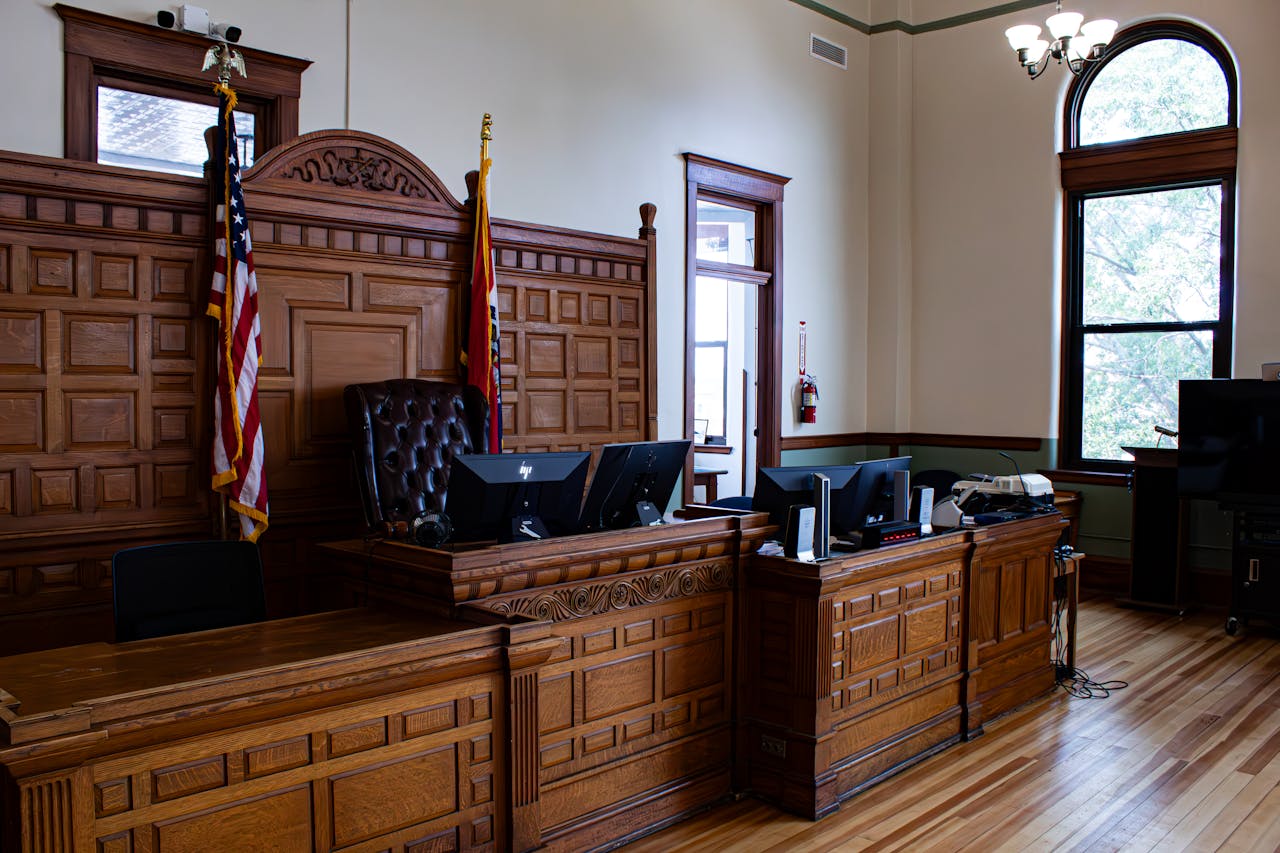
Can Illinois Protect Worker Privacy Without Clashing with Federal Immigration Law? The DOJ Says No.
Illinois is once again at the center of a legal fight with the federal government—this time over a new worker privacy law that’s drawn the attention of the U.S. Department of Justice.
In a lawsuit filed earlier this year, the DOJ claims Illinois is interfering with federal immigration law enforcement. Specifically, the suit challenges recent changes to Illinois’ Right to Privacy in the Workplace Act, which aims to give workers more transparency and protection when it comes to employment verification procedures—especially those involving non-citizens.
The state law, which took effect in January, requires employers to give advance notice—within 72 hours—before any federal immigration inspection of employment records, such as the Form I-9. It also limits how far employers can go in verifying or reverifying work authorization beyond what federal law already requires. Employers who don’t follow these rules could face fines from the state.
The Justice Department, however, sees these provisions as overstepping. In its view, Illinois is creating unnecessary obstacles for employers who want to participate in E-Verify, the federal program that checks employment eligibility. The DOJ argues that these state-imposed requirements could potentially help undocumented workers avoid detection and conflict directly with federal priorities. They’re asking a federal court to block the law, citing the Supremacy Clause of the U.S. Constitution, which says that when state and federal laws conflict, federal law prevails.
State lawmakers who supported the measure say the goal isn’t to block federal immigration law enforcement—it’s to make the process fairer and more transparent for everyone involved. They believe the state is well within its rights to regulate how employers operate in Illinois, so long as the law doesn’t directly contradict federal statutes. They also note that E-Verify is a voluntary system, and nothing in the Illinois law prohibits employers from using it—only that they do so in a way that respects workers’ rights and doesn’t add undue pressure or scrutiny beyond what’s legally required.
The lawsuit raises real concerns for employers in Illinois, who may find themselves caught between two sets of rules. Navigating both state and federal requirements can be tricky, especially when the two appear to be at odds. For businesses, the safest path forward is to take a close look at existing hiring and verification policies, ideally with experienced legal counsel.
At its core, this case is about more than just legal procedure—it’s about the ongoing tug-of-war between state-level worker protections and the federal government’s immigration enforcement powers. Depending on how the courts rule, this lawsuit could either reaffirm states’ ability to craft their own worker privacy laws or draw a hard line that limits how much say states have when federal immigration tools are in play.
Regardless of the outcome, the case highlights a growing tension that employers, especially those with multi-state operations or diverse workforces, will likely continue to face. As the legal landscape evolves, staying informed and proactive remains the best defense.
We’re keeping a close eye on this case and what it may mean for employers across Illinois and beyond. If you have questions about your current compliance practices or want to prepare for possible changes ahead, we’re here to help.
Inside Out Legal is your In-House Extension.
We handle a wide variety of matters that are typically handled by corporate in-house legal departments. We are available to provide additional legal resources directly to the general counsel’s office to handle overflow and specific projects. We are also able to provide services directly to the business team itself. Our team regularly counsels clients on how to comply with federal and state regulations that govern healthcare, higher education, information technology, data privacy and security, commercial real estate and various other highly regulated services. We also have extensive experience creating or revising compliance programs on behalf of our clients.
Learn more or schedule a consultation with one of our expert attorneys at https://inoutlaw.com/
